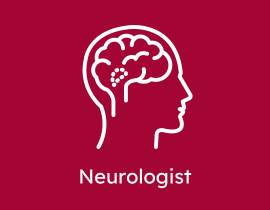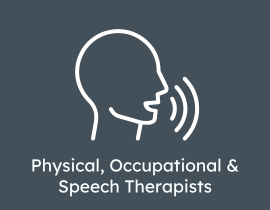All individuals with FA experience ataxia and neurologic symptoms but the severity and progression of these symptoms differ person by person.
Other symptoms of FA, like cardiomyopathy, diabetes, and scoliosis, also vary between individuals and are not always present. It’s important to monitor these symptoms so they can be promptly managed if or when they appear. The resources and suggestions below are intended to help you no matter where you are in your FA journey, from newly diagnosed to living with FA for many years. As your symptoms of FA change over time, your FA care and management will also evolve.
The resources below are meant to serve as educational starting points for your care. All healthcare decisions should be made with the support of a healthcare professional and with your unique symptoms, health issues outside of FA, and health history in mind.











